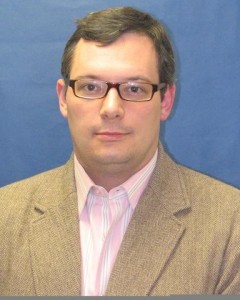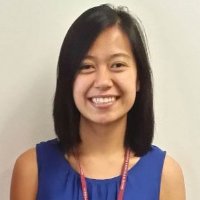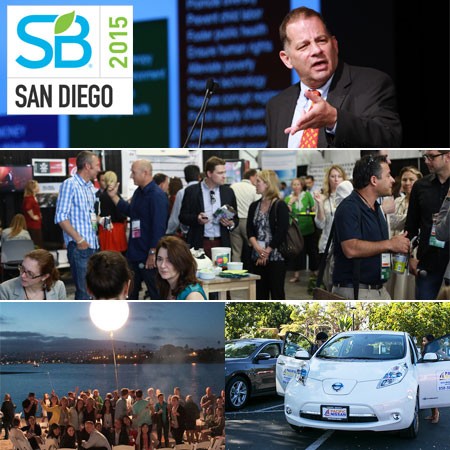I sat down with Maritza Munzón (MPA/IEM ’15), and Rafael Hernandez (MPA ’15) at a local coffee shop last week to interview them about MIIS’s Immersive Learning Programs. Maritza has traveled on five trips to six countries through MIIS (Peru, Cuba, Kenya, Mindanao, and East Asia), and Rafael has gone to four (Peru, Cuba, Rwanda, and East Asia). Both had a lot to say, much more than I can fit into this interview; I can’t encourage you enough to talk with your peers about their experiences abroad.
Q: What made you choose the immersive learning programs you chose?
Maritza: For me it’s always about “why not?” It is always a question of “if I don’t go, will I regret it?” And the answer is almost always “Yes”. So I do everything I can to take advantage of the opportunity to travel. 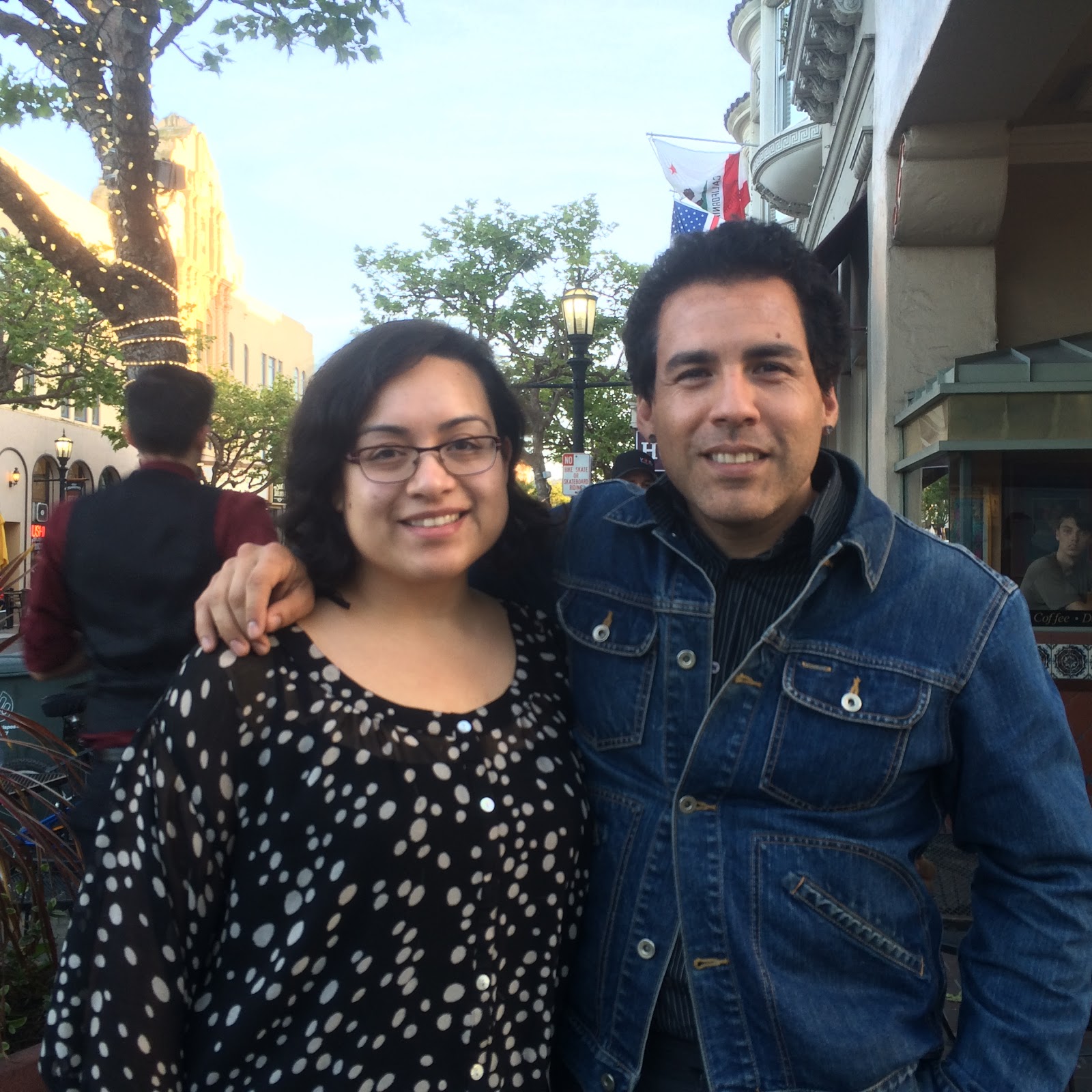 Furthermore, because I am in the IEM degree program and want to conduct these trips myself one day, the best way to learn how to do this is to go on as many as I can!
Furthermore, because I am in the IEM degree program and want to conduct these trips myself one day, the best way to learn how to do this is to go on as many as I can!
Rafael: I was eager to begin traveling right away when I got here. That was the reason I picked this school over many other options – the traveling component. Right off the bat I could go on this Peru trip, that had a practical application of policy analysis, – and so I went.
M: I don’t think many people have traveled the way we travel here at MIIS.
There is only so much reading you can do about culture, practice, and so on, but you need to embed it in your muscle memory to learn and understand.
Q: Have you gone on any trips together?
Both went to Peru (but in different communities), as well as Cuba, and East Asia.
M: Peru started my obsession with these trips; the experience got my feet wet and then I wasn’t scared, anymore, to do the others.
Q: Are there any programs you especially wish you could have gone on?
R: I would have liked to go to the Philippines.
M: I would have done the El Salvador trip if I had the time. But I am always torn between what is familiar and what is less accessible. El Salvador is within my reach because of language, so I decided to take the leap and go on trips that I was less likely to do on my own: Kenya, East Asia, and the Philippines.
Q: How did the programs and learning styles compare?
Both: Cuba was more like learning tourism, while Peru and East Asia where more research based: we did academic research in Asia, and field research in Peru.
M: I was a guinea pig for many of the trips – for example: Kenya, Peru, and East Asia. Cuba was established. Being on a program in its first incarnation is a valuable experience for someone learning about how these programs are conducted.
R: I learned a lot about different types of intelligence and understanding. You know there is the computer competency type, where you either know it or you don’t. And if you don’t, you can ask help from someone who does – and there are no ego problems associated with that. Cultural competency, on the other hand, and especially at this school, is more complicated in that way. Then there is emotional intelligence (EQ) versus the IQ. When you go to speak to someone in a village, everyone on these trips is so concerned about being politically correct, which makes them all self-conscious. I found that the best way to take to people is honestly and openly.
Q: Since you have gone on so many of these programs, do you have any constructive feedback?
R: Like I said, these trips are one of the reasons why I chose this school. And we are so grateful for these experiences.
M: Growing up the way I did, I would have never been able to do this on my own. And I am grateful, and the best way I can give back is by applying my IEM knowledge and skills and giving constructive feedback. I was able to design a pre-departure training for the Peru trip, which was very well received, but not yet implemented. Based on our experience in Peru, Cortney Copeland and I designed a pre-departure workshop and assessment for that trip through our IEM Design and Assessment Class. In the workshop we wanted students to bond with the people in their groups, learn each other’s working styles and strength, while also getting to practice giving the surveys and entering the data. There are always hiccups with international travel and our goal was to develop cohesive groups before departure to help student better work through some of those unpredictable moments. The assessment consisted of a simple survey that students took before and after the trip to better inform staff and faculty of what is working and what needs improvement.
One of my frustrations with the organization of these trips is that the system that puts these trips together does not value the experience that the students going already have. Because the information isn’t coming from a respected magazine or periodical, but from the mouth of a student, who has had the personal experience or cultural experience growing up – but they didn’t write a paper on it, so…. We don’t get a diploma for growing up bilingual or for living similar lives to that of the people we are studying.
R: So if professors and institutions have a way, for better or worse, of validating those experiences, for example, “here is Maritza, she grew up in a culture that…..” and by doing that, it validates the person, and symbolically validates the peers that have experienced this. People come back like “I was shocked to see this and that”, and that is the only thing that gets the spotlight. But there are people who have lived this their whole lives.
M: Out of the bad comes the good. MIIS is proud of its international diversity on campus, but now there are also conversation on national diversity and socioeconomic diversity as well, which is something that came out of a critique on one of these trips. We go on these trips, and learn, and some things are difficult, but the important thing is to take the bad with the good and make something out of it. For some of us, that meant creating the Diversity and Inclusion Committee, which highlights domestic diversity on campus and is working on assessing the needs of all students, whether international students, first generation college students, student of color, LGBTQ, or second career seekers. We not only wanted to address diversity by identifying the needs of all students on campus but to make sure it is something that continues to be addressed in the institution after we are gone.
Professors should also make a point to make focus groups mandatory. A format of how to measure the trips as a whole, but also each trip individually, so it can be improved upon, but that responsibility also shouldn’t sit solely on the professor’s shoulders.
Q: Any advice for students who will travel on these programs in the future?
M: Some things you can’t prepare for. Keep an open mind, don’t sweat the small stuff. Like dirt, bugs-
R: – and cold showers –
M: – and so on because it distracts from the experience. Don’t fight the discomfort.
R: You don’t need language to communicate with people. You shouldn’t necessarily know a language perfectly – keep the willingness to go at the forefront. Don’t be catered to: we chose to go, to help. Be the one helping, not the helped. Own your decision to go.
Language should not be a barrier to communicating with people. In fact, I learned from my inability to speak the local language, which became a resource of information, connection, and interaction. When I ask you, “how do you say this?”, I become your student and switch the power dynamic. People love to teach you, to speak from authority. There is laughter, and it breaks the ice and opens new things. They think, “Here is a person who wants to know my language.” It helps equalizing the playing field.
Q: Is there something you never travel without?
M: I carry medicine for altitude sickness, headache, nausea, diarrhea, congestion, and allergies; but I also carry hydration salts and EmergenC to try and prevent getting sick as well. You never know how sick you are going to get and might not be able to get to a pharmacy right away or be able to communicate what you need so its good to carry some meds you trust. Oh! and Baby wipes.
R: Baby wipes! Pen and notepad.
*shows us his pen and notepad, which, sure enough, are in his back pocket*
M: That’s what I picked up, now I’ll do that.
R: I like to record sounds from the trips, it brings you back. *plays recording*
M: Learn how to say a greeting, and please and thank you in the local language.
R: So important!
____________________________________________________________
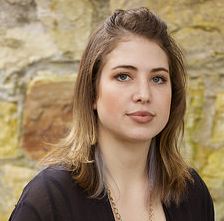 Katya Gamolsky (joint BA/MA ‘17) is a first year student who works for the Immersive Learning Programs Office. She recently went on the Los Angeles trip that focused on Homelessness, with Dr Iyer, and will be attending DPMI DC this summer. If you have any questions, comments, or would like to know more about our Immersive Learning Programs, please email her at immersive@miis.edu.
Katya Gamolsky (joint BA/MA ‘17) is a first year student who works for the Immersive Learning Programs Office. She recently went on the Los Angeles trip that focused on Homelessness, with Dr Iyer, and will be attending DPMI DC this summer. If you have any questions, comments, or would like to know more about our Immersive Learning Programs, please email her at immersive@miis.edu.

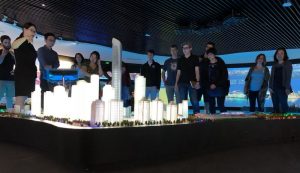
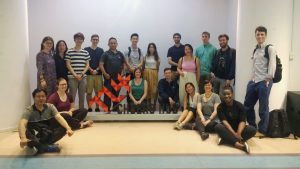
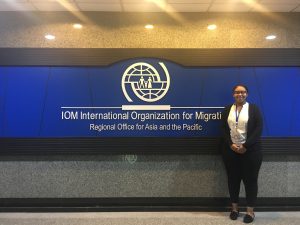
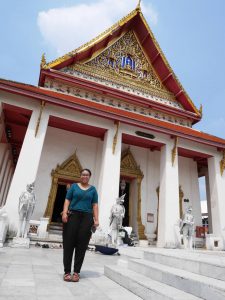
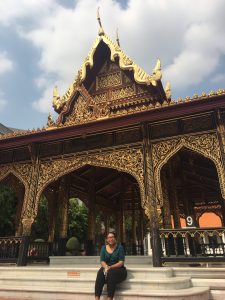
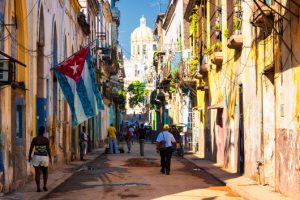
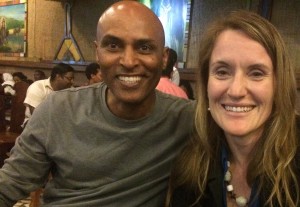
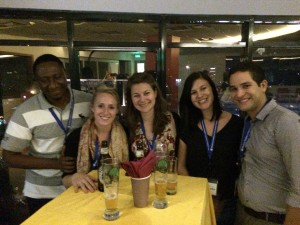
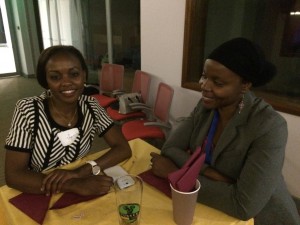
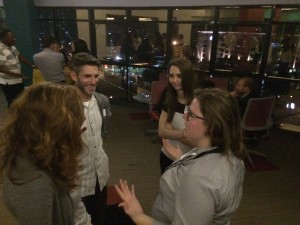


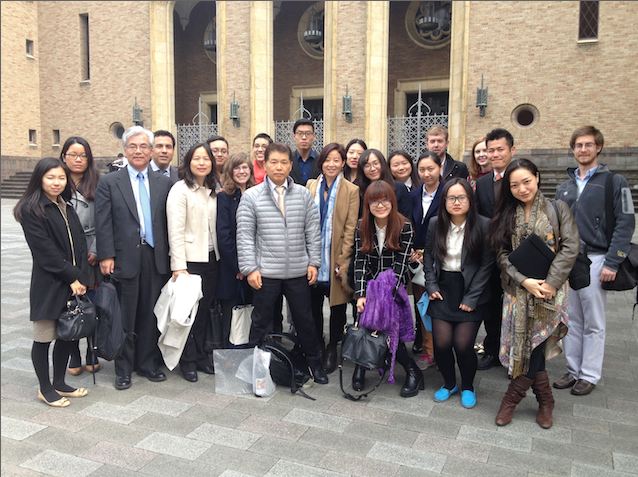
 Furthermore, because I am in the IEM degree program and want to conduct these trips myself one day, the best way to learn how to do this is to go on as many as I can!
Furthermore, because I am in the IEM degree program and want to conduct these trips myself one day, the best way to learn how to do this is to go on as many as I can! Katya Gamolsky (joint BA/MA ‘17) is a first year student who works for the Immersive Learning Programs Office. She recently went on the
Katya Gamolsky (joint BA/MA ‘17) is a first year student who works for the Immersive Learning Programs Office. She recently went on the 
